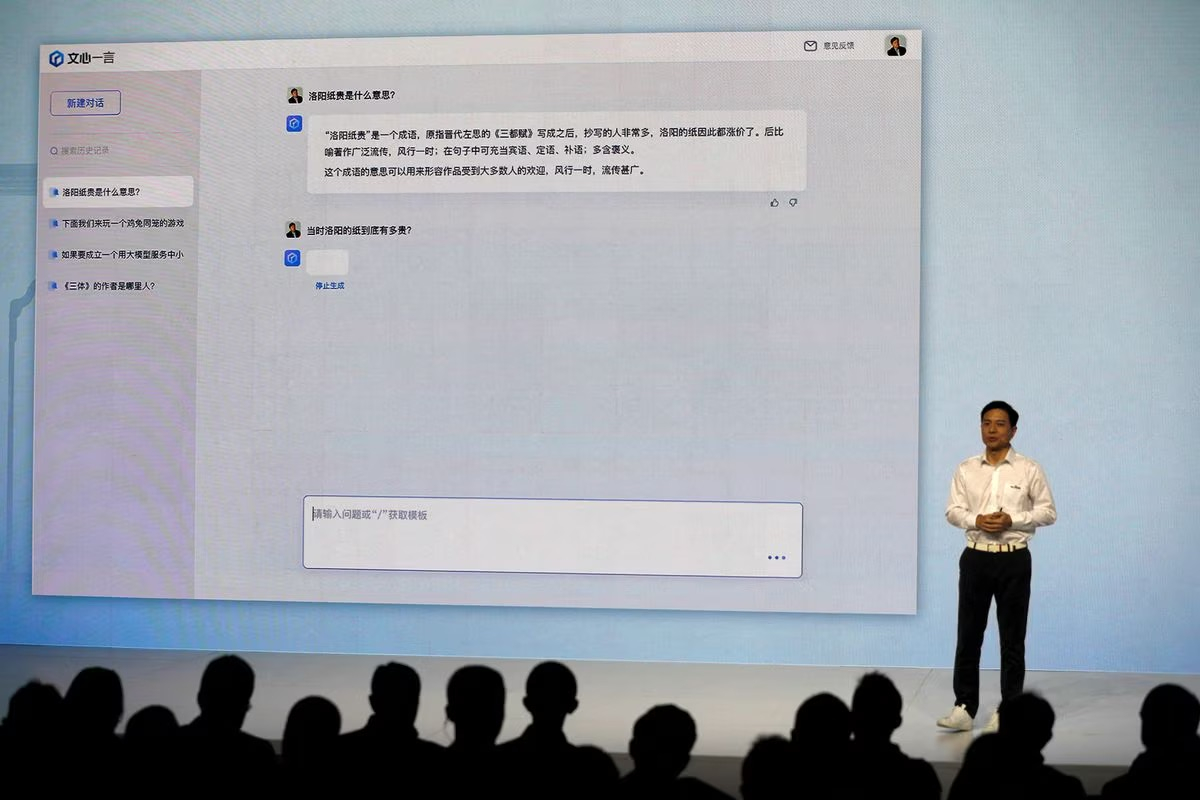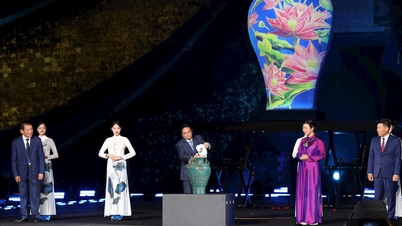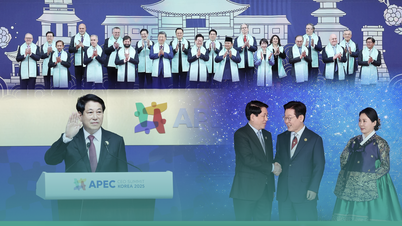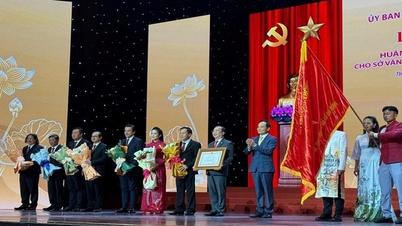The success of ChatGPT nearly a year ago led to what one senior Tencent executive described as “the battle of a hundred models” as a slew of AI tools have emerged in China since then.

Baidu CEO Robin Li introduces chatbot Ernie Bot. Photo: Reuters
China now has at least 130 major language models (LLMs), accounting for 40% of the global total and second only to the US's 50% market share, according to brokerage CLSA. In addition, Chinese companies have also announced dozens of "industry-specific LLMs" linked to their core models.
However, investors and analysts say most have yet to find a viable business model, are too similar and are now struggling with rising costs.
Tensions between Beijing and Washington have also weighed on the sector, with US dollar funds investing less in early-stage projects and difficulties in obtaining AI chips made by companies like Nvidia starting to take a toll.
“Only the strongest will survive,” said Esme Pau, head of China internet and digital assets research at Macquarie Group.
She added that some leading companies have signaled that they will compete on price to gain market share, just as cloud services like Alibaba and Tencent have done.
“In the next 6-12 months, lower-capacity LLMs will be phased out due to chip constraints, high costs, and fierce competition,” Pau said.
Yuan Hongwei, president of Shenzhen-based venture capital fund Z&Y Capital, said she believes only two to three general-purpose LLMs will dominate the market.
That's why her firm looks for experienced founders when deciding which startups to invest in.
Many argue that China's biggest tech companies, such as Alibaba, Tencent and Baidu, ultimately have the best head start thanks to their large user bases and diverse services. They can, for example, easily offer general AI services as add-ons to their cloud users.
Mai Anh (according to Reuters)
Source



![[Photo] Prime Minister Pham Minh Chinh chairs the second meeting of the Steering Committee on private economic development.](https://vphoto.vietnam.vn/thumb/1200x675/vietnam/resource/IMAGE/2025/11/01/1762006716873_dsc-9145-jpg.webp)






































































































Comment (0)